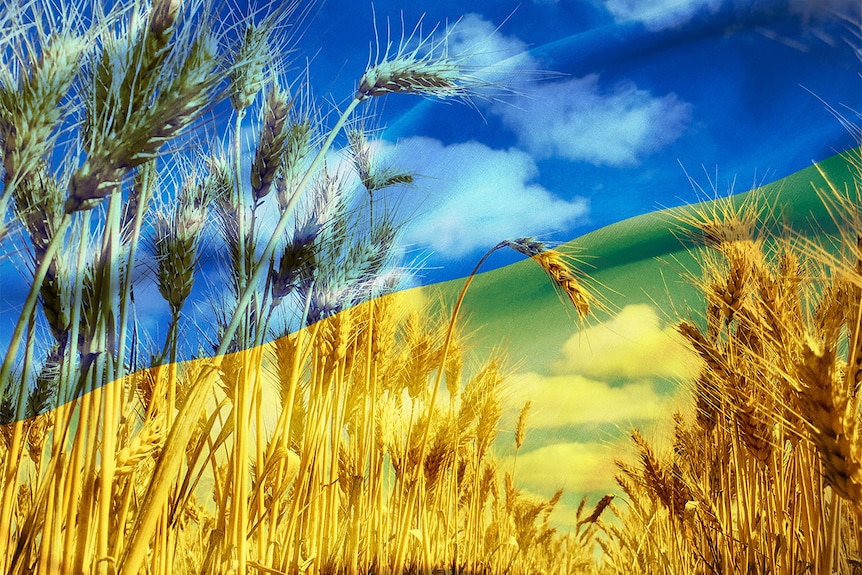Russia’s invasion of fellow grain exporter Ukraine pushed global prices of staples to record highs earlier this year
G20 countries backed efforts to maintain a grain export corridor from Ukraine to alleviate food insecurity but faced criticism for a lack of further action to tackle hunger in the world.
After a summit in Indonesia dominated by the war in Ukraine, a declaration from the Group of 20 (G20) nations voiced support for the Black Sea grains initiative ahead of a looming deadline for extending it, and called for coordinated action on food security.
Russia’s invasion of fellow grain exporter Ukraine pushed global prices of staples to record highs earlier this year, and United Nations agencies have warned of a worsening food situation in the poorest countries.
The U.N.-backed agreement in late July allowed grain shipments to resume from certain Ukrainian ports on the Black Sea, leading to some 10 million tonnes in shipments and helping curb internatonal prices.
The deal is due to roll over on Saturday unless there are objections, and optimism has grown that Russia will approve its continuation after protracted talks over Moscow’s grievances about impediments to its grain and fertiliser exports.
“It is imperative that the Black Sea grain export agreement is renewed at the end of this week,” French President Emmanuel Macron told reporters after this week’s G20 summit.
“Given what both Russia and Ukraine represent in grain and fertiliser markets, the war is destabilising the whole world.”
Russia spoke in favour of extending the Black Sea grain deal at the summit, as long as more grain was sent to countries most in need, Finance Minister Anton Siluanov told Russia’s state-run RT news channel.
European wheat futures on Wednesday fell to their lowest since late August as the market anticipated exports would continue through the corridor and jitters caused by a missile hitting Polish territory subsided.
READ ALSO: Globe: World population reaches 8 billion
Faced with Russian calls to facilitate its own agricultural exports and to direct more exports to the poorest nations, the European Union has taken steps with the U.N. to enable Russian fertiliser shipments to Africa.
The G20 summit also allowed discussions about developing fertiliser production in Africa, Macron said.
But civil society groups saw no meaningful steps.
“The G20 is merely repeating old commitments from previous years … rather than taking on leadership themselves,” said Friederike Roder of the group Global Citizen.
Oxfam said that the endorsement for the Black Sea corridor lacked a clear focus on countries most affected by hunger, while criticising the G20 for making “no new funding pledges” to tackle food insecurity.
Original Post

